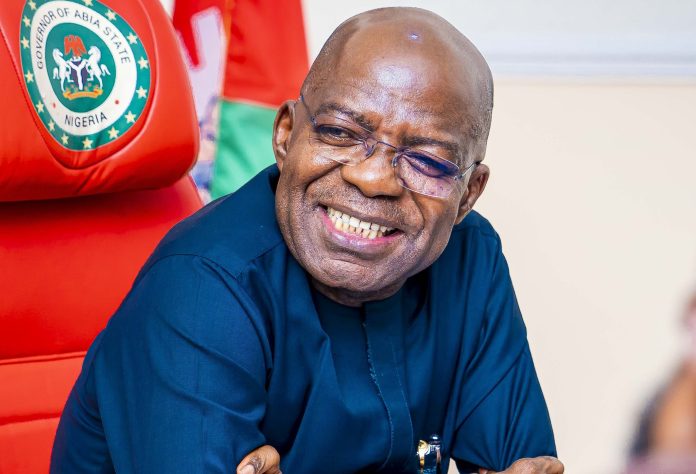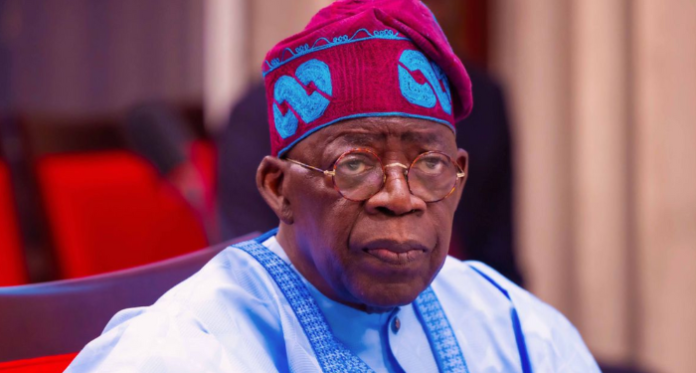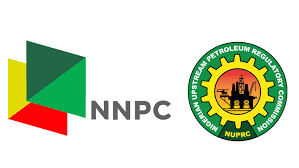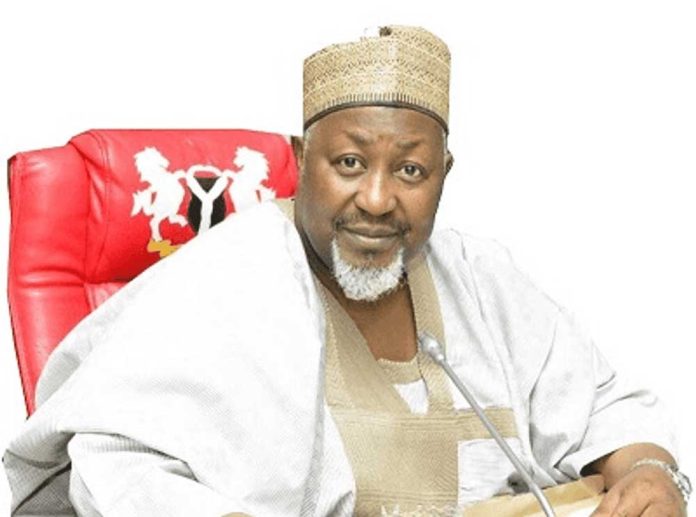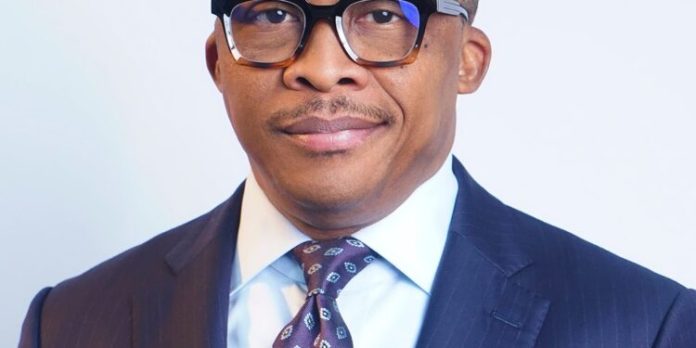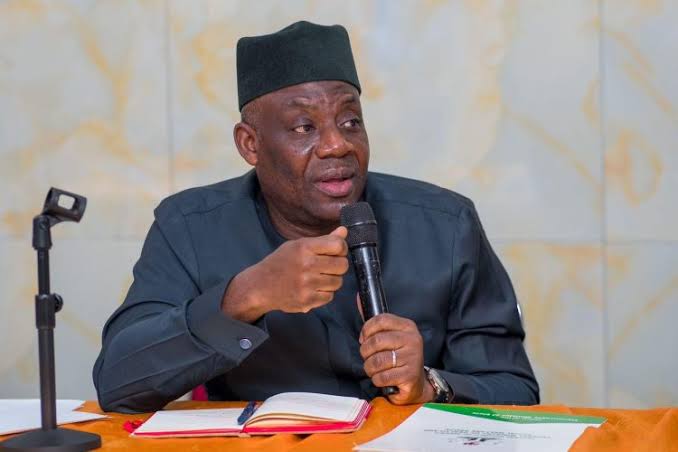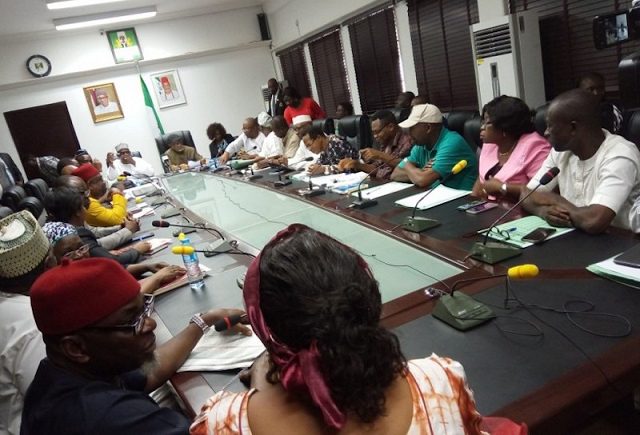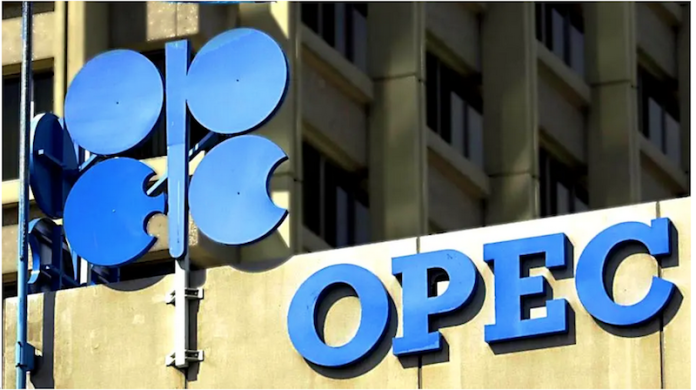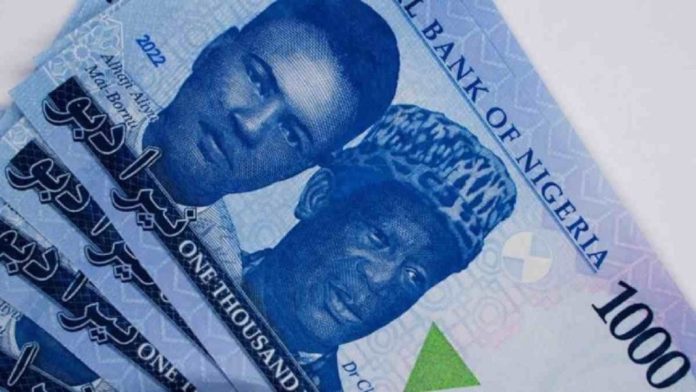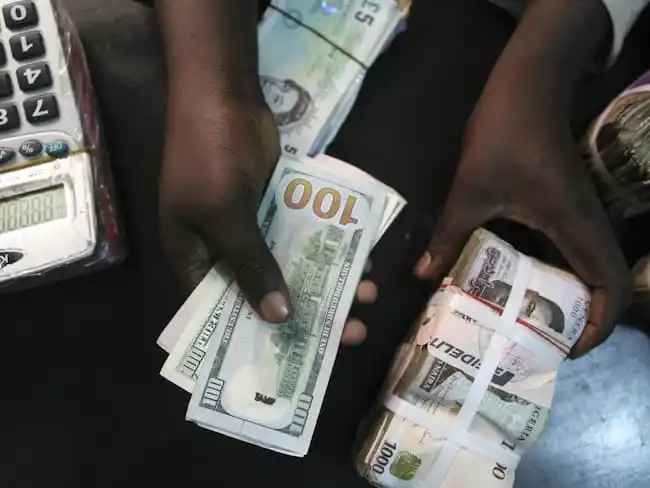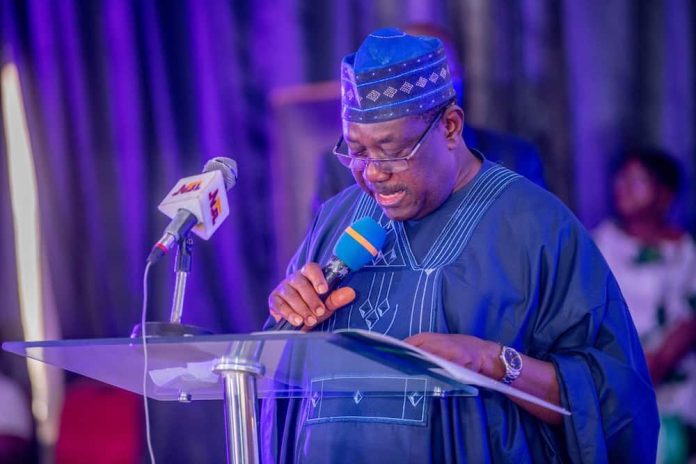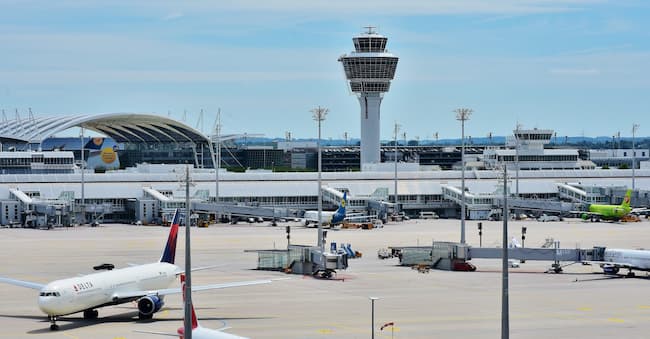The Federal Road Safety Corps has issued a nationwide directive requiring all construction companies working on roads to immediately install adequate road signs at every construction site.
The Corps Marshal, Shehu Mohammed, said the directive aligns with President Bola Tinubu’s ongoing efforts to improve the nation’s road network through construction and rehabilitation projects.
In a statement signed by FRSC Spokesperson Olusegun Ogungbemide, the corps explained that the order is aimed at protecting motorists navigating areas where construction activities are taking place. “This directive is to ensure the safety of the motoring public around construction sites,” the statement read. Companies are required to install, maintain, and continuously update proper road signage at every active or inactive construction area without exception.
Mohammed instructed all FRSC Commanding Officers to begin strict and effective enforcement of the order immediately. He condemned the recurring failure by some construction firms to provide adequate warning, information, and diversion signs, noting that such omissions place motorists and other road users at serious risk.
The corps marshal emphasised that the directive is final and enforceable. Field commands will intensify supervision, and contractors who violate approved safety standards will face decisive regulatory actions. He reaffirmed the agency’s commitment to ensuring that government investments in road infrastructure result in safer travel for all Nigerians.
The FRSC has long raised concerns over the lack of proper, uniform signage at road-construction and maintenance sites. As far back as 2010, the agency warned that missing or defaced signs turned construction zones into death traps. Problems identified included missing signs, defective diversions, lack of lighting at night, illegal openings or U-turn points near worksites, deep potholes, and other hazards for unsuspecting motorists.
In previous years, the FRSC attempted to standardise road signage by introducing a Standard Road Signage Code for all construction sites nationwide. Former Corps Marshal Boboye Oyeyemi urged firms to adopt standardised signs and inaugurated a signage production facility in Gwagwalada, Federal Capital Territory, to supply compliant signs. The goal was to ensure uniformity and compliance with correct sizes, shapes, and placement of signs across sites to improve clarity for motorists and reduce accidents.
Despite these efforts, the FRSC has reported that many construction firms continue to fail in complying with signage requirements, a situation the agency has linked to numerous accidents, especially at diversion points in construction zones.











